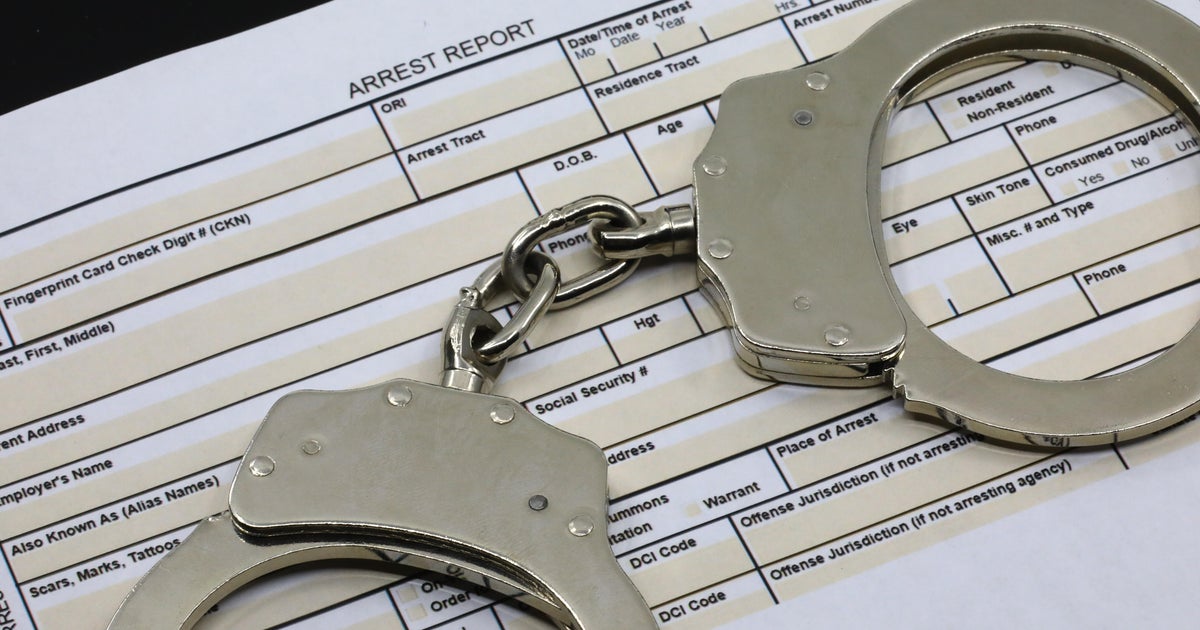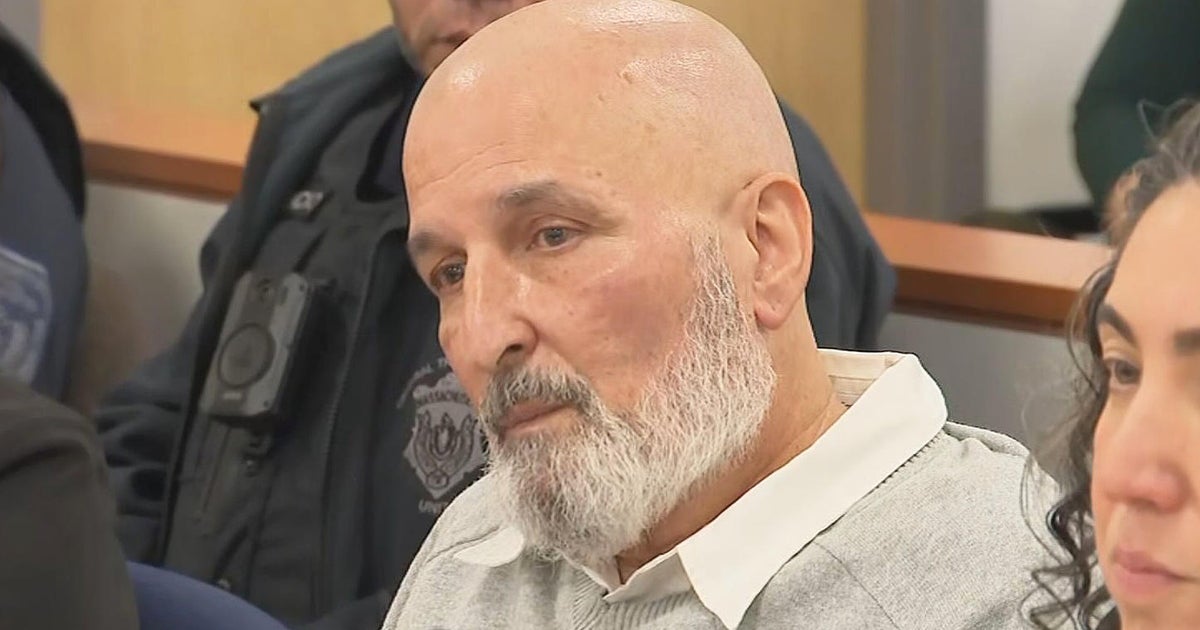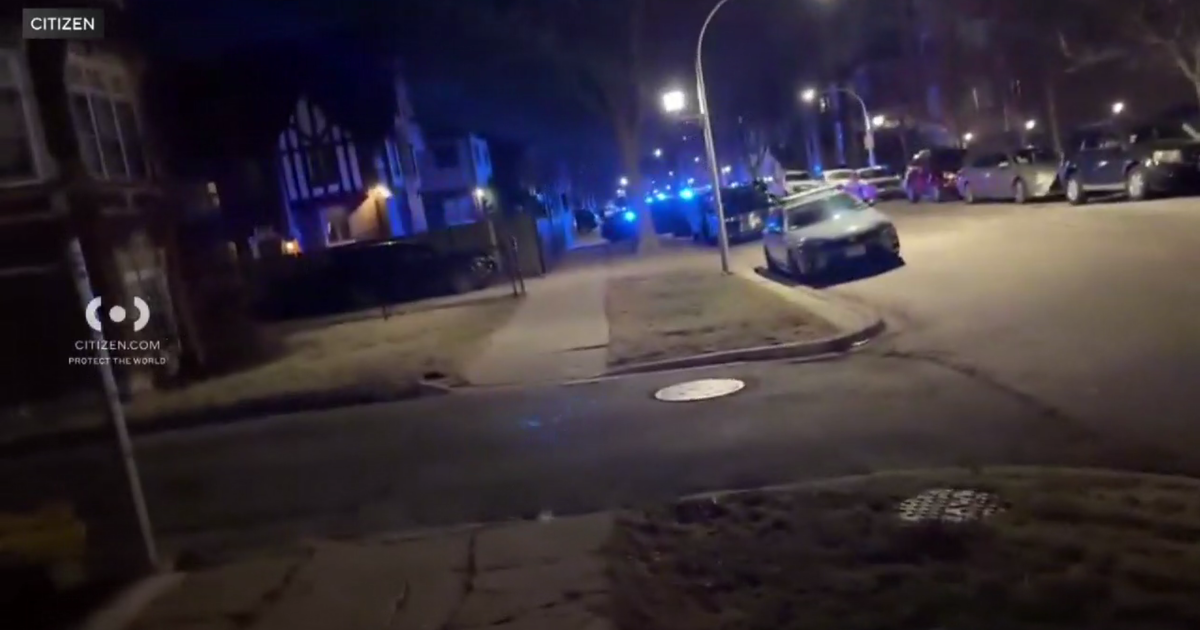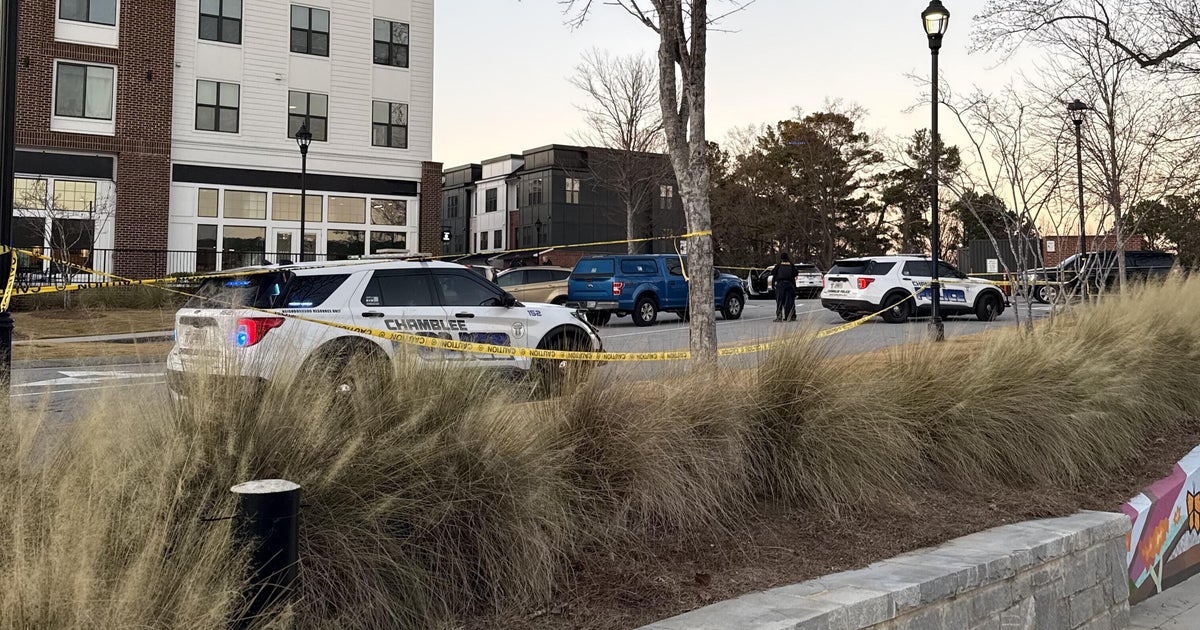California lawmakers send broadest US law sealing criminal records to Newsom's desk
SACRAMENTO — California would have what proponents call the nation's most sweeping law to seal criminal records if Gov. Gavin Newsom signs legislation sent to him Thursday by state legislators.
The bill would automatically seal conviction and arrest records for most ex-offenders who are not convicted of another felony for four years after completing their sentences and any parole or probation. Records of arrests that don't bring convictions also would be sealed.
It would take effect in July, and excludes those convicted of serious and violent felonies, and felonies requiring sex offender registration.
Proponents say about 8 million Californians have a criminal or arrest record, or about one of every five state residents. A criminal record can trigger nearly 5,000 legal restrictions in California, many of which can limit job opportunities as well as the ability to get housing and educational opportunities, supporters said.
They estimate that 70 million people nationwide face nearly 50,000 legal restrictions based on a criminal or arrest record.
Nationwide, 37 states and more than 150 cities have adopted laws preventing employers from asking candidates about their criminal histories prior to a job offer, according to the National Employment Law Project. This law would go further by automatically sealing convictions for people who meet certain conditions.
Jay Jordan was with some friends 20 years ago in Stockton when they tried to rob someone on the street. Jordan said no one was hurt and no items were stolen, but Jordan got an eight-year prison sentence.
Once he was released, he said his criminal record made it hard for him to rejoin society. He said he tried to become a barber, a used car salesman and an insurance broker, but was barred from each industry because of his criminal record. He could not even volunteer to help at-risk youth.
He later found work as an organizer and now is CEO of the Alliance for Safety and Justice, a criminal justice reform group. But he said others have not been as fortunate as him.
"They're locked out of the economy. And they're not committing crimes, they're just living in poverty and they stay there because they feel like they belong there," Jordan said. "This (bill) gives them a sense of belonging to become full American citizens again."
While the bill would not apply to serious or violent felonies, California has a narrow legal definition of violent crimes, including about two dozen of the most serious crimes like murder, voluntary manslaughter, attempted murder, kidnapping, assaults, arson, robbery and extortion.
The bill would apply to offenses like domestic violence, said Republican Sen. Shannon Grove, who joined all Republicans in the Senate and one Democrat — Sen. Melissa Hurtado of Sanger — in voting against the bill Thursday.
"These things are very violent things even though they are not listed as serious and violent in the penal code," Grove said.
Democratic state Sen. Maria Elena Durazo, the bill's author, said in a statement that the lingering criminal records available through background checks create "a permanent underclass." That can include, among others, "mothers that want to pursue new careers through education, fathers who want to coach, homeowners that want to join their HOA board, couples who may want to adopt, or grandchildren that want to care for their elderly grandparent."
Seven reform organizations sponsored the bill, including Californians for Safety and Justice, which has pushed for numerous criminal justice like Proposition 47, the voter-approved ballot measure that reduced penalties for certain drug and property crimes in 2014.
Groups that opposed the bill include the 75,000-member Peace Officers Research Association of California, which argued California already offers more limited ways for lower level ex-felons to clear their records.
"By expanding the relief of penalties for all felonies, we are placing our communities at risk," the association said. "By allowing violent criminals back on the street, with their record dismissed, they will have less deterrent to commit another crime."
Aside from general criminal records, the bill would aid would-be teachers, who under current law must be denied teaching credentials if they have been convicted of a controlled substance offense. The bill would bar the teacher credentialing commission from considering drug possession convictions that are more than five years old and have been expunged. But the commission and school officials would still have access to other convictions dating to 2020.
The bill failed in the Assembly a year ago, with an amended version clearing the chamber in June. Among other things, supporters originally wanted records sealed after two years instead of four. The Senate approved the amendments Thursday on an 28-10 vote, sending it to Newsom.







